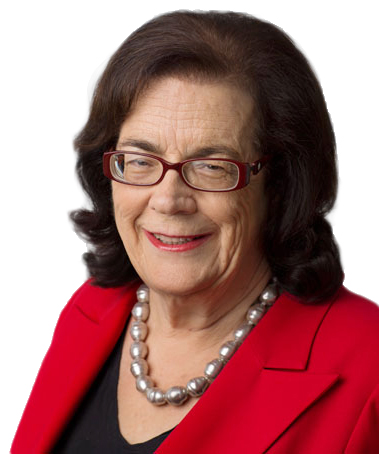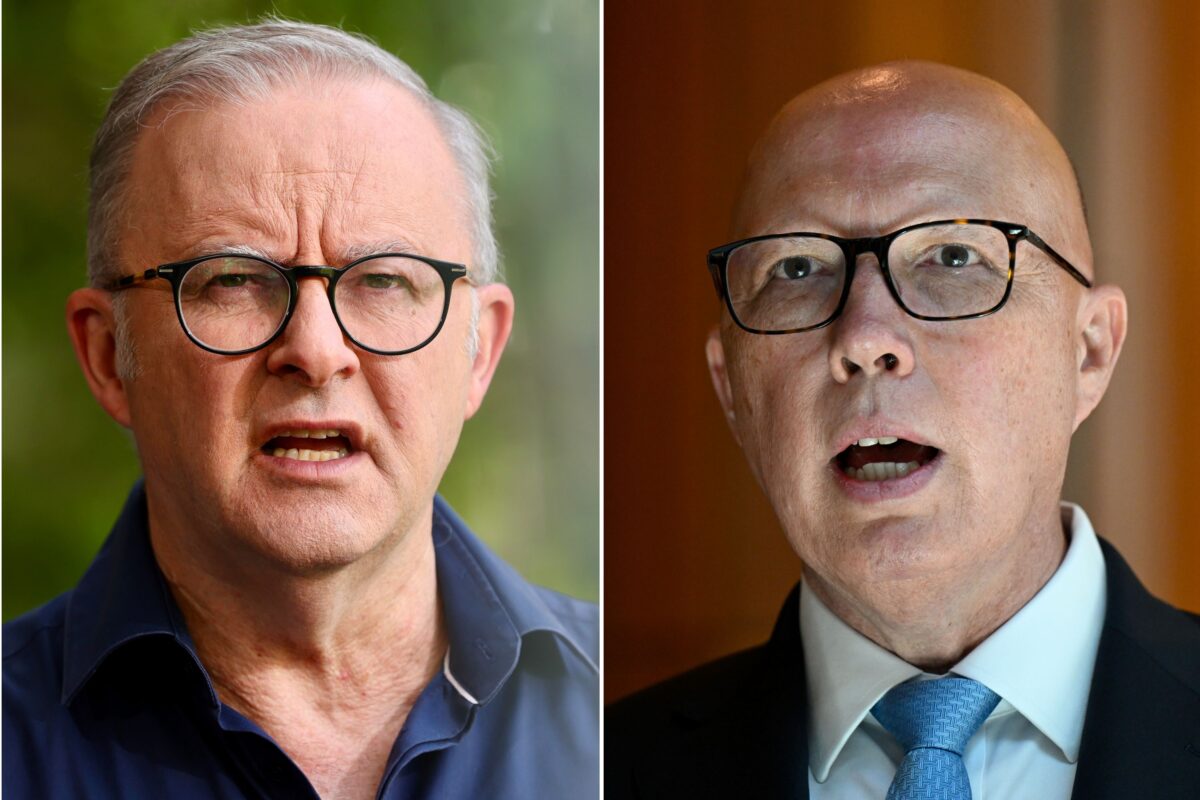The voters of Dunkley have the government and opposition in a guessing game, says political columnist MICHELLE GRATTAN.
Next week, Prime Minister Anthony Albanese will be back on the international stage – while standing firmly on home ground.

The foreign stage is coming to him, with a three-day special summit in Melbourne celebrating 50 years of dialogue partnership between Australia and the Association of Southeast Asian Nations (ASEAN).
The Monday-to-Wednesday gathering will have a leaders’ plenary session and retreat, and activities focusing on trade and investment, climate and clean energy, maritime cooperation, and long-term challenges.
Albanese relishes opportunities to rub shoulders with other leaders, and it’s a big deal for Australia to host this meeting, which affords an opportunity to spruik our middle-power credentials.
But the prime minister’s private mood as he greets leaders on Monday will be influenced by the outcome of a strictly domestic weekend event in Melbourne: the by-election in the bayside Labor seat of Dunkley.
On one level, nothing earth-shattering hangs on the Dunkley outcome. Labor could lose the seat and still have a narrow parliamentary majority. Albanese’s leadership would remain rock solid.
But on another level, the by-election result could affect the political dynamic for months.
The government has become more jittery about Dunkley in the past couple of weeks.
A Labor loss would be dramatic, sending the government into a spin and the media into a feeding frenzy. With an election a little over a year away, the normally quiescent caucus would be agitated. Extra pressure would be put on the framing of the May budget, with calls amplified for the government to do more to address the cost of living, the major issue in the Dunkley campaign.
If Labor holds the seat but only just, the angst will be immediate but limited. A win is a win. Nevertheless, that result would be seen in classic terms, as a “wake-up call”. The Liberals have been urging voters to send a protest message.
A big swing against Labor would call into question whether Albanese had really got away with compromising his integrity by breaking his word over the Stage 3 tax cuts. National polling suggests he has, even though the new tax regime has not given Labor a positive bounce. But a bad Dunkley result could raise longer-term worries for Albanese on the trust issue.
The announcement of the reworked tax package was timed for Dunkley, despite Albanese’s denials. The government has relentlessly pushed the tax cuts in parliament’s question time, slicing and dicing their rewards for teachers, nurses, police, women and every other conceivable cohort (even plumbers in Antarctica). Most voters in Dunkley will benefit, compared with where they’d have been under the old Stage 3 plan. But it’s unclear how much they will reward the government.
A Labor setback would probably bring a sharper focus on Albanese’s style. Already some in Labor believe he should cut back on the high-profile fun events he’s seen at. Eyebrows went up last weekend when, after attending a Friday night Taylor Swift concert, he went on Saturday to a celebrity bash at packaging magnate Anthony Pratt’s Raheen mansion in the Melbourne suburb of Kew.
Albanese could say he gave a speech to food-and-beverage industry people there, but with US pop star Katy Perry brought in at large expense to perform, this was undeniably a party.
Incidentally, this is the second time the billionaire has managed to lure a prime minister into a situation that didn’t play entirely well for him. When Scott Morrison was in the US in 2019, Pratt invited him and the then President Donald Trump to the opening of his $500 million paper mill in Ohio. But the event took on the hue of a Trump rally, which was awkward for Morrison.
A Liberal flop in Dunkley – a failure to get a substantial swing – wouldn’t be the end of Peter Dutton’s leadership. Last year’s loss of the Liberal seat of Aston seemed devastating at the time, yet a few months later Dutton had revived, with the defeat of the referendum and Labor in a slump. The suggestion that if Dutton can’t win Dunkley he should be replaced is overblown, not least because there is no viable alternative anyway.
Nevertheless, a bad Liberal result would be a notable knock for the opposition leader, because Dunkley is the prototype of the seats he’s targeting for the 2025 election.
In the final week, both sides have tried to manage expectations ahead of a result they’ve found hard to predict. They’ve set their own benchmarks for what “swing” figure is relevant.
Dunkley sits on a margin of 6.3 per cent. Albanese has painted this as a flimsy buffer, by pointing to a 7.1 per cent average by-election swing against governments in government-held seats since 1984. By contrast, the opposition casts 6.3 per cent as a mountain to climb, saying since World War II, the average swing against a government in a federal by-election has been only 3.6 per cent, and even less against a first-term government. Dutton says a 3 per cent swing would be “bad for the government”.
ABC election analyst Antony Green says there have been 52 by-elections since the election of the Hawke government in 1983, 28 of them traditional two-party contests like Dunkley. Across these, the average anti-government two-party preferred swing was 3.5 per cent.
One uncertainty is what the “Peta Murphy” effect will be. Murphy, the popular local member whose death prompted the by-election, won the seat from the Liberals in 2019. She increased her margin in 2022, picking up some who deserted the Liberals for various reasons. Will they now return to the Liberals? Labor has been trying to hang on to the “Murphy vote” by saying that backing its candidate, Jodie Belyea, a Murphy protege, would be a way of carrying on Murphy’s legacy.
Another unknown is what effect the extensive anti-Labor campaign by the advocacy group Advance will have. Advance, which styles itself as committed to the “fight for mainstream Australian values”, had a big presence in the Voice referendum. It is for the political right what GetUp! has in the past been for the left. With a big war chest, it has been very active on social media. If the Dunkley outcome and the post mortems were to attribute significant influence to the Advance campaign, the group would be emboldened for the 2025 election.
Labor will have spent about $1 million on its Dunkley campaign. The Liberals declined to say what they’ve spent. Labor national secretary Paul Erickson says:“We estimate the Liberals have easily matched this, and then Advance have (according to Advance) spent a further $300,000 on top of that. So, the combined efforts of the Liberal Party and Advance put the Liberals at a distinct advantage. The campaign to defeat Labor has been 30 per cent larger than Labor’s campaign to retain the seat.”
After the tension of the Dunkley battle, there’s relief on both sides that Labor has flagged it is unlikely to fight the by-election that follows Scott Morrison vacating Cook.![]()
Michelle Grattan, Professorial Fellow, University of Canberra. Republished from The Conversation.
Who can be trusted?
In a world of spin and confusion, there’s never been a more important time to support independent journalism in Canberra.
If you trust our work online and want to enforce the power of independent voices, I invite you to make a small contribution.
Every dollar of support is invested back into our journalism to help keep citynews.com.au strong and free.
Thank you,
Ian Meikle, editor







![Michael Bennett reckons he’s discovered the focal point and connecting image of the bush capital – Telstra Tower atop Black Mountain.
“I slowly figured out that I was seeing [the Telstra Tower] over and over again, especially from Banks,” says Michael.
“That amazed me so much that I thought, ‘if I can see it from Banks, I can see it from just about anywhere’, and so I started taking photos of the tower.”
Michael’s curiosity stemmed from a map of Canberra.
Despite living here since the age of two, he realised there were many suburbs that he just hadn’t seen.
To read the rest of Michael's story, visit our website at citynews.com.au or tap the link in our bio! 📸
#canberranews #citynews #localstories #canberrastories #Citynews #localnews #canberra #journalism #canberracitynews #storiesthatmatter #canberralocals #telstratowercanberra #telstratower](https://scontent.cdninstagram.com/v/t39.30808-6/479498898_1172278498241035_1301680519954749830_n.jpg?stp=dst-jpg_e35_tt6&_nc_cat=109&ccb=1-7&_nc_sid=18de74&_nc_ohc=5T1hd0tjIhgQ7kNvgE3sFcp&_nc_oc=AdiZbDqMzjwWUYlJKF3dd9l7QXaSokarxELQ7J2sZTUPnAp-PF4VPQxLozqMBd_xxDc&_nc_zt=23&_nc_ht=scontent.cdninstagram.com&edm=ANo9K5cEAAAA&_nc_gid=AMe5OhZy5hCXVErJmkOzRIr&oh=00_AYDSkJL8e4gxbtv0c8r4lQ5QK7lG4NF6rtVnSVuU0ICCdA&oe=67C115D3)
Leave a Reply